
Browse our fun-packed, helpful plant-based articles, and delve deeper into this healthy, sustainable lifestyle!


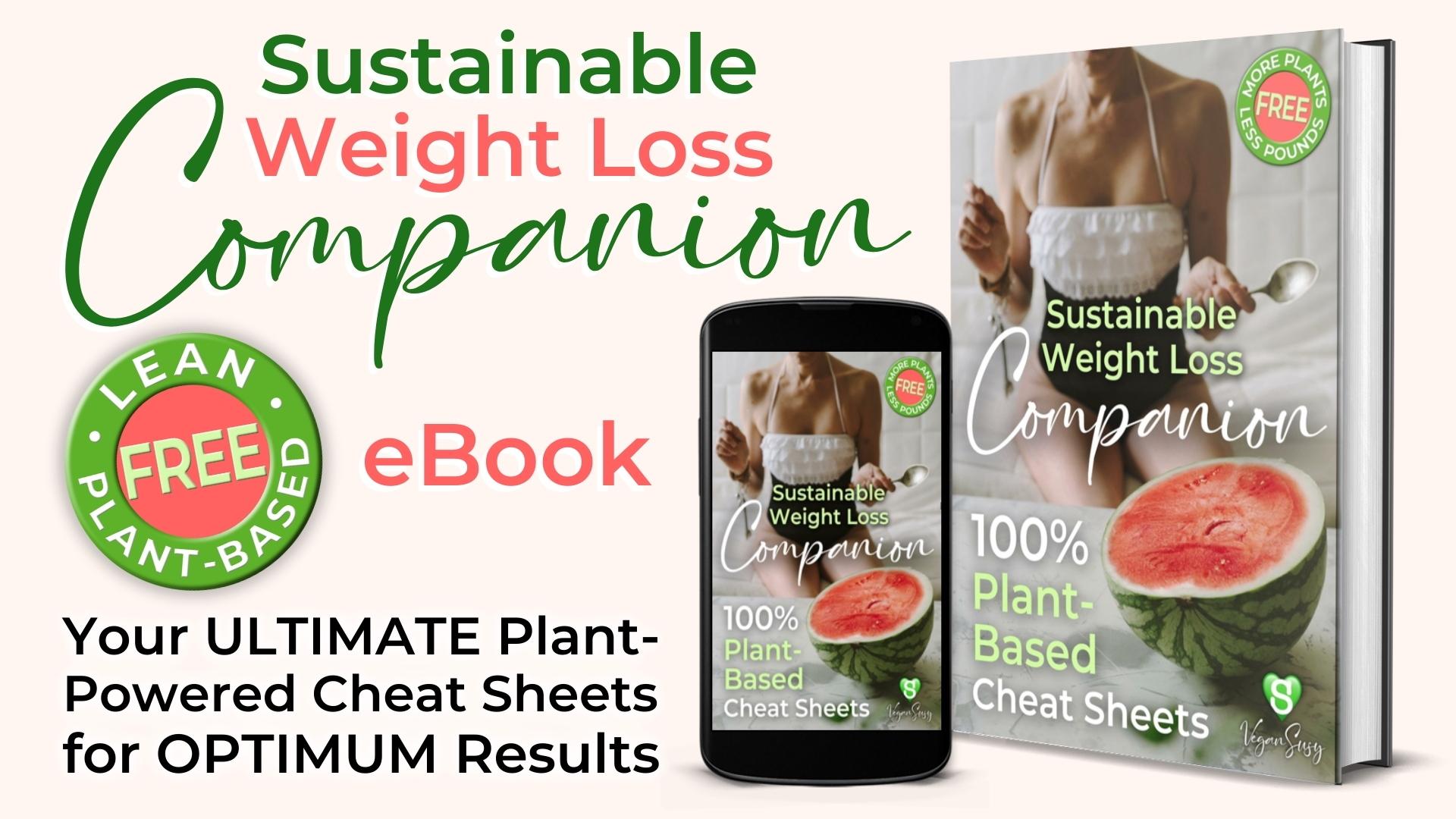

How Much Exercise Do You Really Need on a Plant-Based Diet?
Strength Training For Fat Loss For Women
Author: Plant-Based Susy
Are you wondering how much exercise you need to get in shape and boost your energy on a plant-based diet?
Look no further! In this post, we'll dive into the optimal amount of exercise for optimum health and wellness, as well as the dangers of overdoing it.
Whether you're just starting out or already following a plant-based diet, finding the right balance between too little and too much exercise is key.
Let's explore some expert tips to help you achieve your fitness and weight loss goals, and improve your overall well-being.
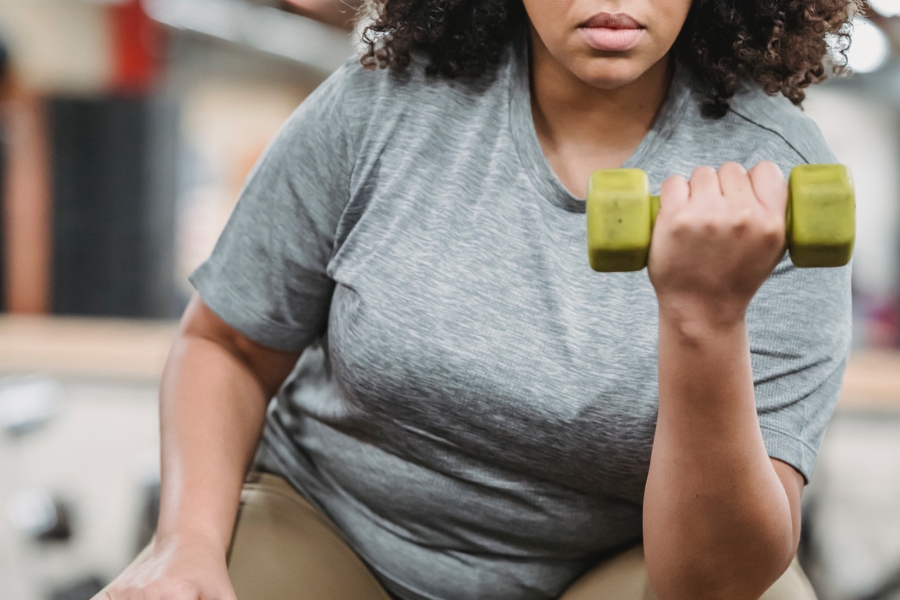
Table of Contents:
How to Determine Your Fitness Goals and Assess Your Current Level
When it comes to exercise, it's important to find the right balance for your body and goals. Start by determining your individual fitness goals and current level.
Are you a beginner or an experienced athlete? Do you want to build muscle, improve endurance, or lose weight?
Understanding your objectives will help tailor your exercise routine to suit your specific needs.
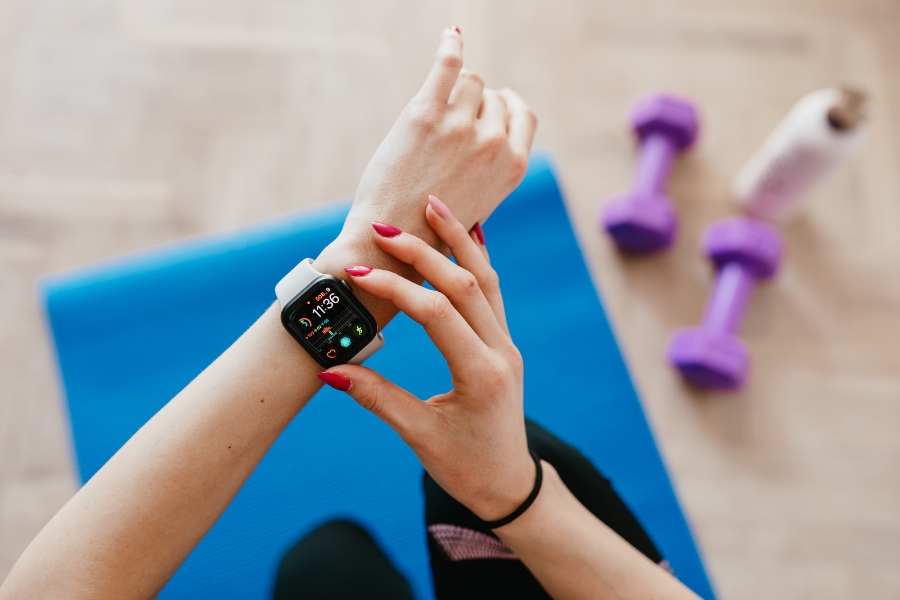
The Magic Number: Minimum Amount of Exercise Needed to See Results
As a general rule, aim for at least 150 minutes of moderate-intensity exercise or 75 minutes of vigorous-intensity exercise each week. You can break this down into smaller chunks of time, such as 30 minutes of exercise five days a week.
However, don't stop there! Gradually increase the difficulty of your workouts as you build endurance and strength.
Remember that nutrition plays a crucial role in your overall health and fitness on a plant-based diet, so fuel your body with a balanced vegan diet full of nourishing vegetables, fruits, whole grains, and protein sources.
The Other End of the Spectrum: The Dangers of Overdoing It
While it's important to meet the minimum exercise requirements, it's equally important to avoid overdoing it. Over-exertion can lead to burnout, injury, and other negative consequences.
Listen to your body's cues and take breaks when needed. Remember that the amount of exercise you need depends on your goals, fitness level, and schedule. Start where you are and gradually improve over time, pushing yourself a little more each week.

Finding the Right Balance for You
Finding the right balance is crucial. Whether you exercise for 20 minutes per day or an hour or more, it's important to find what feels good for your body and helps you reach your fitness goals.
Experiment with different routines and listen to your body's feedback. With a bit of trial and error, you'll discover the sweet spot that allows you to feel your best and achieve your health and fitness goals.
How Plant-Based Diets Improve Physical Performance
A plant-based diet can greatly enhance physical performance and recovery. Whole, unprocessed plant foods provide essential nutrients like complex carbohydrates, fibre, antioxidants, vitamins, and minerals.
Complex carbohydrates found in whole grains, fruits, and vegetables are excellent energy sources for workouts. Antioxidants from plant foods help reduce oxidative stress and inflammation caused by intense exercise. The abundance of vitamins and minerals in plant-based diets supports overall health and wellness.
Why Elite Athletes Are Going Vegan
Not only is a plant-based diet beneficial for weight management, but it also offers numerous advantages for athletes.
Plant foods tend to be lower in calories and fat compared to animal products, making it easier to maintain a healthy body weight. This can be particularly advantageous for endurance athletes who require optimal weight for performance.
Many elite athletes, including marathon runner Scott Jurek, Formula 1 driver Lewis Hamilton, NFL running back Derrick Morgan, and Olympic weightlifter Kendrick Farris, have embraced a vegan lifestyle and achieved remarkable success.
Their achievements demonstrate that a plant-based diet can provide all the necessary nutrients for top-level performance.

You Can't Out-Train A Bad Diet
Exercise is just one piece of the puzzle when it comes to getting in shape. Nutrition plays a crucial role in your overall health and fitness.
Remember that the 80:20 rule applies to eating right and training too – diet accounts for 80-90% and exercise for 10-20% of the equation.
A plant-based diet can transform your energy levels, aid in weight loss, and provide various other health benefits.
To design an effective exercise and diet plan, consider seeking guidance from a health coach or personal trainer who specialises in plant-based nutrition.
Summary
In conclusion, finding a sustainable exercise plan and a balanced plant-based diet is beneficial for achieving your fitness goals.
1. Start by determining your objectives, and gradually increase the difficulty of your workouts as you progress.
2. Focus on nourishing your body with a balanced whole food plant-based diet and listen to your body's needs. Remember that exercise alone cannot compensate for a poor diet.
By following these expert tips and creating a sustainable action plan, you'll be on your way to optimal health and wellness on a plant-based diet. Invest in your health and seek guidance to further enhance your journey.
Six-Point Action Plan
1. Determine your fitness goals and current level.
2. Create a weekly exercise plan with the recommended minimum exercise duration.
3. Gradually increase the difficulty of your workouts as you build endurance, stamina, and strength.
4. Focus on nourishing your body with a balanced, whole food plant-based diet.
5. Take breaks and rest when needed to prevent burnout and injury.
6. Seek help from health coaches or personal trainers if needed.
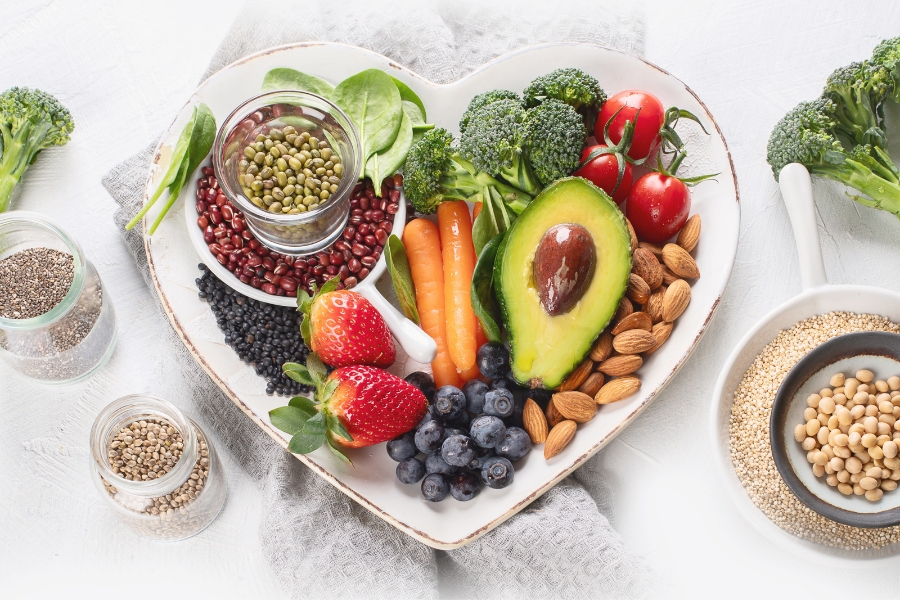
Frequently asked questions
How does a plant-based diet impact your exercise routine?
A plant-based diet provides essential nutrients that support energy levels, recovery, and endurance, making it ideal for an active lifestyle when properly balanced.
How much exercise is recommended on a plant-based diet for optimal health?
The general recommendation is at least 150 minutes of moderate-intensity aerobic activity or 75 minutes of vigorous activity per week, tailored to your fitness goals.
Can you build muscle on a plant-based diet?
Yes, with the right balance of plant-based protein sources like lentils, tofu, and quinoa, combined with strength training, you can effectively build muscle on a vegan diet.
What are the best post-workout foods for plant-based athletes?
Great options include smoothies with plant-based protein powder, bananas, nuts, seeds, or a combination of whole grains and legumes for recovery and energy replenishment.
Are there risks of overtraining on a plant-based diet?
Overtraining can lead to fatigue, injuries, or nutrient deficiencies. Ensure you're consuming enough calories, protein, and essential nutrients to support your activity level.
💚 "Happy Plant-Based Eating & Exercising!" 💚

Plant-Based Susy
Plant-Based Nutrition Professional & Weight Loss Coach
Empower Yourself: Embark on a Delicious Fat Loss Adventure

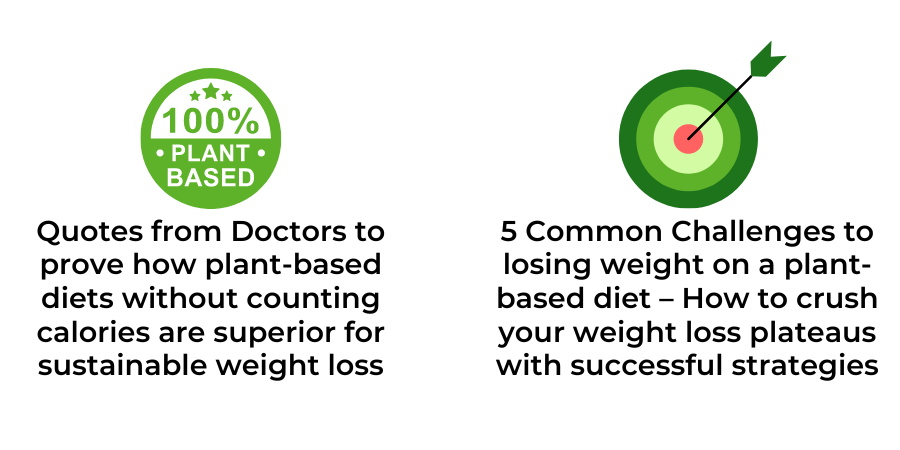
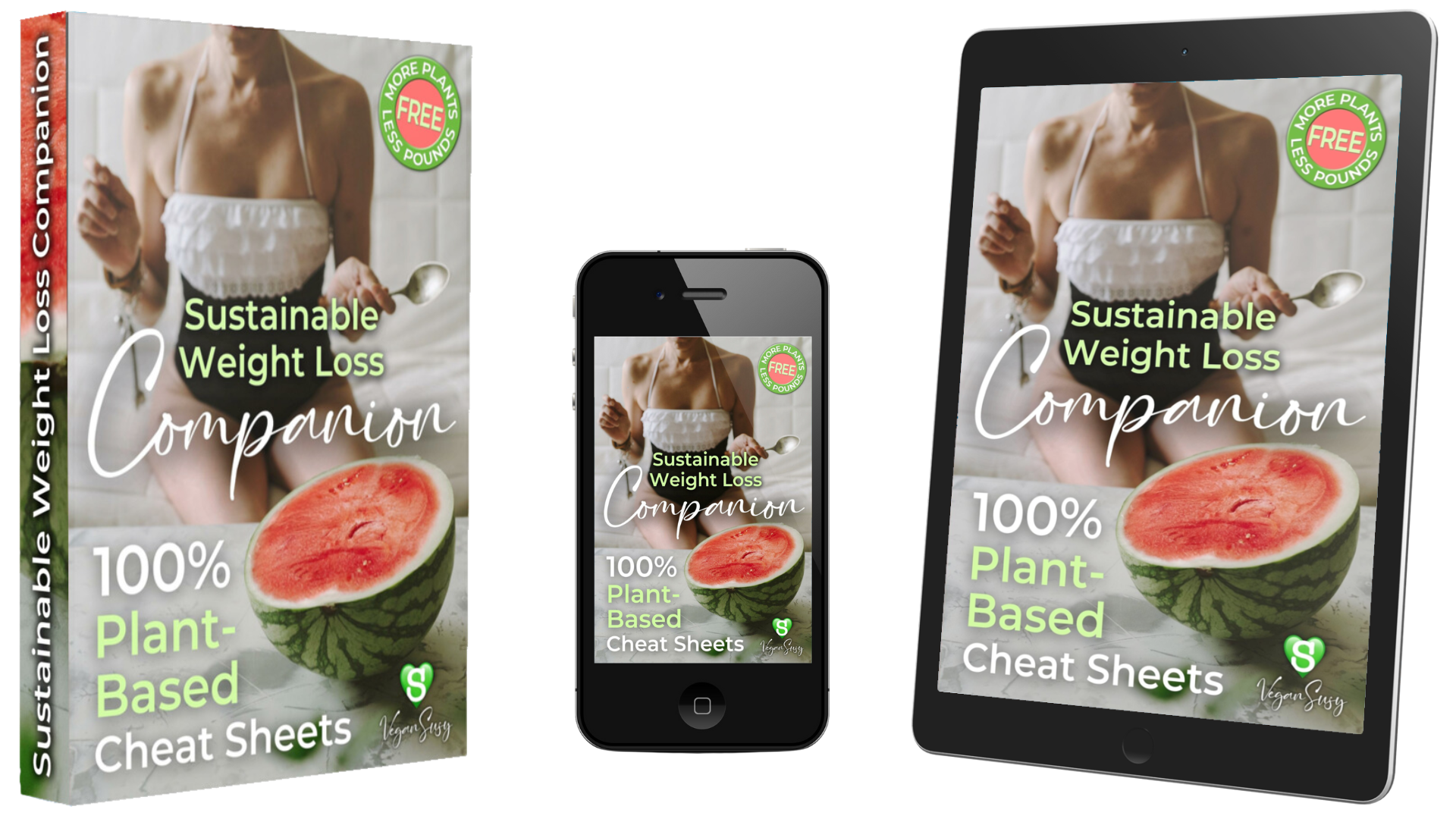
🍉 Get Ready to Jump Start Your Fitness Goals AND DISCOVER A HEALTHIER YOU!
🍉 Let's Make Your Fat Loss & Optimum Health Journey a Delicious Success Story!
🍉 Get The FREE Sustainable Weight Loss Companion eBook and CHEAT SHEETS!
More Free Resources
Unlock Your Transformation Today!
© 2025 VeganSusy Ltd. All Rights Reserved


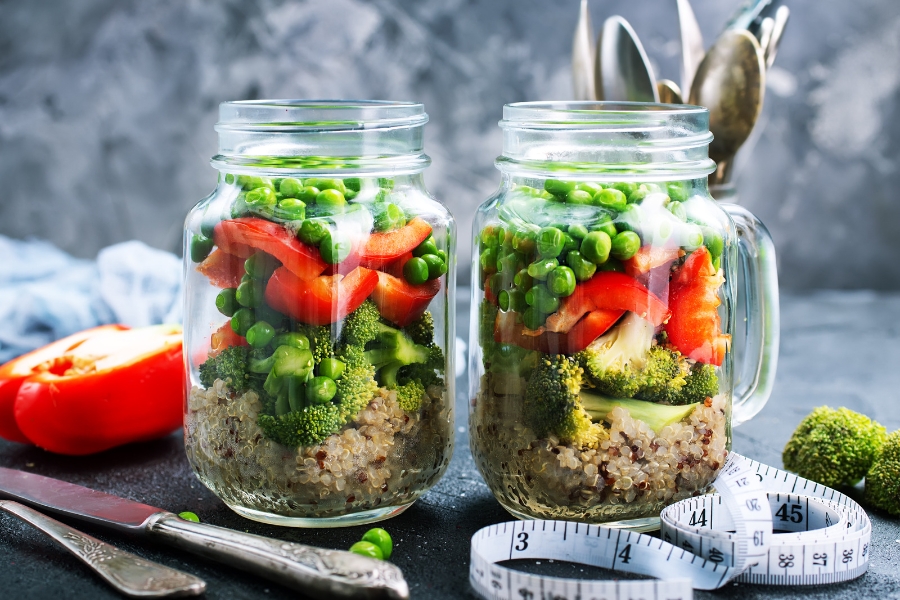
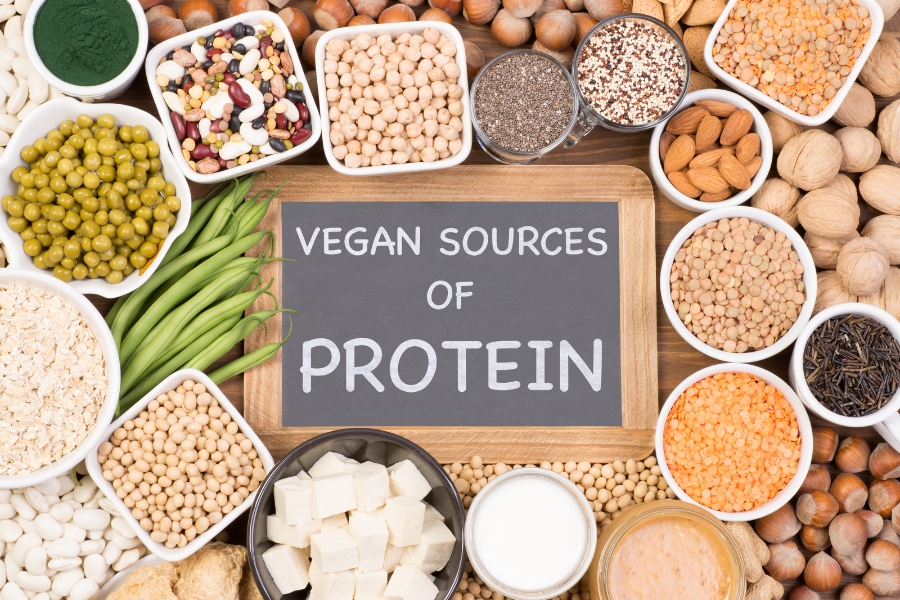

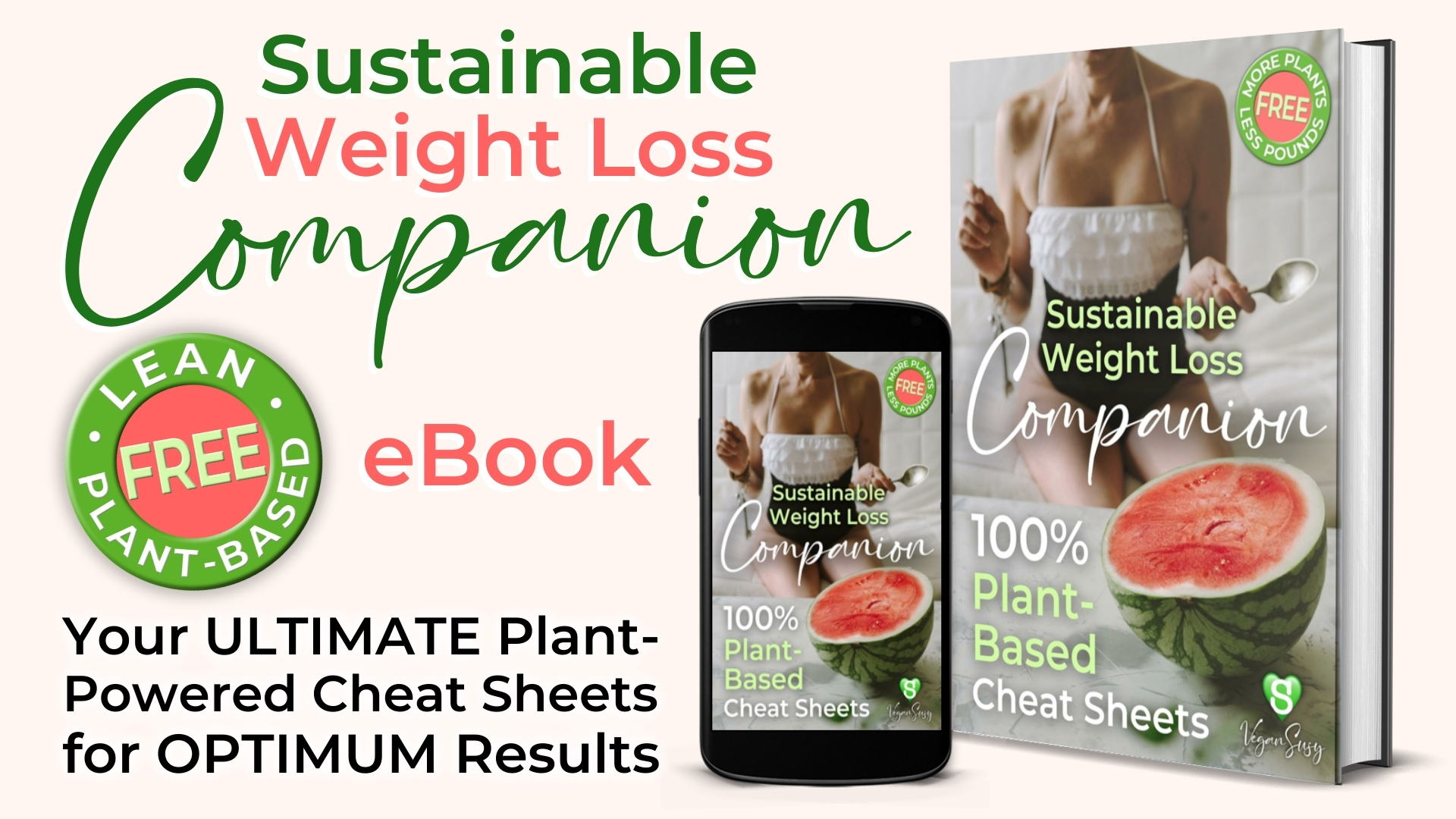





Facebook
Instagram
Youtube
Pinterest